10 Fictional Characters You’ll Relate to if You’re an INFJ
INFJs love stories, and we especially like the stories about characters we can relate to. Because INFJs are such a rare personality type, we don’t often look around in real-life and find people that we identify with as being like us.
For many INFJs, discovering their personality type is a wonderfully affirming moment. It tells us we’re not alone or abnormal – that there are other people out there who think and feel in similar ways to us. Good fiction can do something very similar by offering characters that we can relate to.
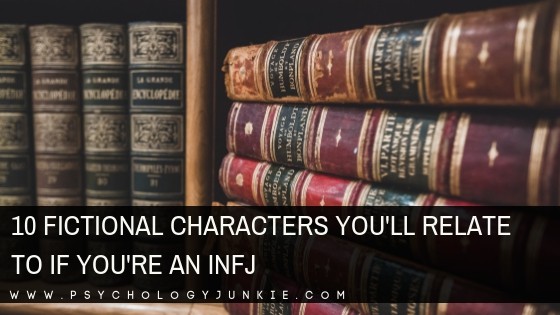
Not all the characters on this list are INFJs, but they all share certain character traits and ideals with people who have an INFJ personality.
Not sure what your personality type is? Take our new personality questionnaire here. Or you can take the official MBTI® here.
1.Amélie
The movie Amélie (2001) consistently appears at the top of lists recommending movies for INFJs or talking about INFJs’ favorite movies. There’s a good reason – the title character is one of the most accurately portrayed INFJ characters in fiction. Amélie was an imaginative, isolated child who grows in to an introverted young woman with a vivid fantasy life and a strong sense of justice.
Several times in the film complete strangers start pouring out their life’s story to her – a circumstance many INFJs can identify with. We can also identify with Amélie’s vivid imagination. Her fantasy life provides an escape for her and there are times when it’s a struggle for her to get outside her head and interact with real people (something I personally relate to quite a bit).
Listing all the things that make Amélie a relatable INFJ character could probably take up this whole article. I’ll just stop here and say that if you haven’t seen this movie yet, I highly recommend it.
2. Aloysha Karamazov
Aloysha Karamazov from Fyodor Dostoevsky’s The Brothers Karamazov is recognizable as an INFJ from his first introduction. He is a quiet man loved by almost everyone but understood by few. Aloysha comes across to others as remarkably naive but the narrator assures us Aloysha is actually highly intelligent and worthy of being the novel’s hero.
Since we see Aloysha through the narrator’s eyes, we don’t get to see the thought process behind his sudden decisions to leave school or visit his estranged father or enter a monastery. But it’s clear there’s a great deal of thoughtfulness and intuitive musings behind his decisions. Another thing INFJs will relate to his how Aloysha approaches conflict – he hates it and feels all the awkwardness and shame that the people who are arguing feel (or should feel).
3. Atticus Finch
Atticus Finch from To Kill A Mockingbird by Harper Lee is a quiet man with strong principles. He’s a lawyer who defends a black man accused of raping a white woman in 1930s Alabama. Tom Robinson is innocent, but that doesn’t matter much to the all-white judge and jury. And the town isn’t too happy with the man who would dare to actually defend Robinson either. Yet defend him is precisely what INFJ Atticus does.
Atticus is a calm, steady voice for truth and justice. Like most INFJs he doesn’t enjoy conflict, but he will sit outside the jail cell all night with a loaded gun to make sure his client gets a fair trial (though it’s his words that end up dispersing the lynch mob, not violence).
It’s also clear that Atticus cares deeply about helping individuals, doing what’s right, and about the example he sets for his children. He sees the big picture and fights to make the present as well as the future a better place. What INFJ doesn’t share those goals?
4. Belle
Though Belle from Disney’s Beauty and the Beast is an INFP, many INFJs find her a very relatable character. We identify with her daydreaming and her longing for something more in life than the people around her seem content with. And since so many INFJs are bookworms, many of us we identify with her love of books and stories.
Beyond Belle’s imagination, we can identify with the part of her that relates so well to other odd people. Belle doesn’t fit in with everyone else in the town, but she doesn’t feel like she has to. Many INFJs get to this point, too, where they learn to not let everyone’s opinions bother them so much and find a “tribe” they feel at home with. Like Belle, we want to see past outward appearances and connect with the people that others (unfairly) label as eccentric or even beastly.
5. Elizabeth Bennet
Pride and Prejudice by Jane Austen is one of my favorite books, and I’m pretty sure I’m not the only INFJ who feels that way. The main character, Elizabeth Bennet, is often typed as an INFJ (though there is some debate about that). Whether or not you think she’s an INFJ, there’s little doubt that INFJs can relate to her character.
Like many INFJs, Elizabeth doesn’t blindly conform to social norms. She has her own ideas and opinions, and she values them highly enough to act on them. She’s not shy about voicing her opinions or about living in a way doesn’t quite line-up with the way society tells her she’s supposed to act (this is often something INFJs want, but are hesitant to do in real-life).
Elizabeth’s courage and conviction makes her a relatable character. And so does her stubbornness. Though INFJs are very good at seeing different perspectives, we can still rush to judgments in certain circumstances. Elizabeth does this when she learns from Mr. Wickham that Mr. Darcy treated him unjustly. She jumps to defend her friend against injustice before checking to make sure that he was telling the truth. Once she learns she’s wrong, though, she admits it and corrects the mistake. That’s not easy for anyone to do, including INFJs, but mature INFJs value harmony in their relationships enough to do the difficult work of reconciliation.
6. Jane Eyre
Jane Eyre by Charlotte Bronte features one of the best-written INFJ characters in fiction, so it’s no wonder this book makes Susan’s list of 10 Must-Read Books for INFJs.
The title character for this story is not content to conform to society’s norms. She’s independent minded and strong willed, yet also models the gentleness typical of so many INFJs. Jane is quiet and self-controlled with depths of feeling and passions that many around her don’t see (something I’m sure many INFJs will relate to).
INFJs often have strong convictions related to their personal moral and spiritual beliefs, and Jane Eyre is no exception. Much of the plot turns on her decision to stay true to her personal convictions even when it becomes difficult. Though INFJs won’t all share Jane’s particular religious views, we can identify with her commitment to what she believes is right.
7. Paterson
Paterson (2016) is described on Amazon as, “A quiet observation of the triumphs and defeats of daily life, along with the poetry evident in its smallest details.” I don’t think I’d type Paterson as an INFJ, but we can definitely identify with him and his story.
INFJ type descriptions typically say that INFJs need a career that they find fulfilling and which lets them make a meaningful contribution to the world. While most INFJs do want that, I suspect there are also a lot of INFJs working “normal” or “mundane” jobs (like Paterson, who’s a bus driver) and finding magic and meaning in their everyday lives. I love that the movie shows how beautiful a life like that can be.
Paterson is a poet who’s constantly writing something in his head or on paper. Even if you’re not a writer, I think all INFJs can relate to always having something going on in your head. It’s not always something specific, though, and I love how this film shows Paterson drinking in observations about the world around him. If you asked him what he was thinking he might say “nothing,” but hours or days later those observations and thoughts come out as poetry.
8. Sayuri
Sayuri is the main character from Memoirs of a Geisha (1997 book and 2005 film). I haven’t read the book, but in the film Sayuri’s longing for connection is something that most (if not all) INFJs can relate to. She also models the Extroverted Feeling side of an INFJ very well.
All Sayuri’s major decisions in this story are motivated by her relationship with other people (first her sister and then, primarily, the Chairman). Similarly, INFJs tend to make decisions based on what’s best for others and how their decisions will influence the relationship.
Most likely an INFJ herself, Sayuri also has one of the “superpowers” that comes with using Extroverted Feeling. Her ability to read other people and adapt to different social situations gives her the ability to connect even with a man who disapproves of geishas. It also gets her into some awkward situations because she becomes so good at acting as a chameleon that it’s hard for others to know what she really wants, which is another thing many INFJs struggle with.
9. Walter Mitty
The Secret Life of Walter Mitty began as a short story in 1939, and later became a film in 1947 and 2013. In every version, Walter Mitty is a daydreamer. And he takes daydreaming to an extreme that many (though probably not all) INFJs can relate to. I know I’m not the only one of us who’s stood in one place staring at nothing for an uncomfortably long time while distracted by something that’s going on in my head.
While some INFJs are pretty comfortable with their extroverted side, most of us are most comfortable inside our heads. For those of us more like Walter at the beginning of his story, the world in our imagination is the one we care most about. He’s a very relatable character, especially because when he does to choose to engage with the real world it’s generally for something artistic or for a person he cares about (especially in the 2013 version).
10. Yoda
Did you know wealthy people in the 18th century used to hire ornamental hermits to live in their backyards? Once I learned that, I wondered if “living garden gnome” might not be my true calling. It’s that part of me which identifies with Yoda from the Star Wars movies.
Arguably the only INFJ in the Star Wars universe, Yoda was first introduced in The Empire Strikes Back (1980) as an eccentric mentor figure. It’s a pretty good bet that most Mentor/Shaman archetypes are going to fit INFJ personality traits, and Yoda is no exception.
As we learn more about him in the prequel movies and The Clone Wars television series, it becomes clear that Yoda is very much in-tune to the feelings of others. He also has a logical, thinking side that demonstrates a well-developed tertiary Ti (which makes sense, since he’s had nearly 900 years to become a mature, balanced INFJ).
In Conclusion …
What do you think? Did I miss any characters that you relate to as an INFJ? Let’s discuss in the comments!
You can also check out Susan’s list of 12 Fictional INFJ Characters here.
If you liked this post, you might also like my post “10 Stories You’ll Relate To If You’re An INFJ.” Click here to read it on my blog.
Marissa Baker is the author of The INFJ Handbook (available in the Amazon Kindle Store). You can find her online at LikeAnAnchor.com where she blogs about personal growth and development from a Christian perspective.
Subscribe to Our Newsletter

Want to discover more about personality type? Get the inside scoop with Susan Storm on all things typological, along with special subscriber freebies, and discounts on new eBooks and courses! Join our newsletter today!



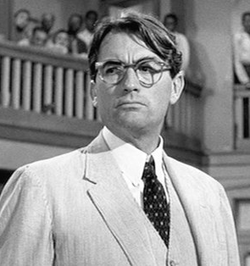
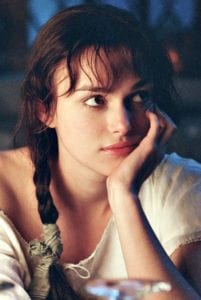

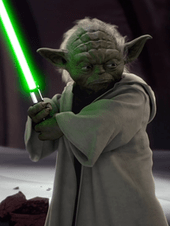

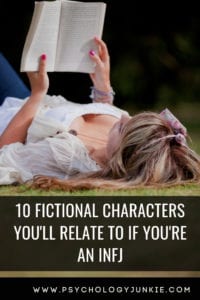




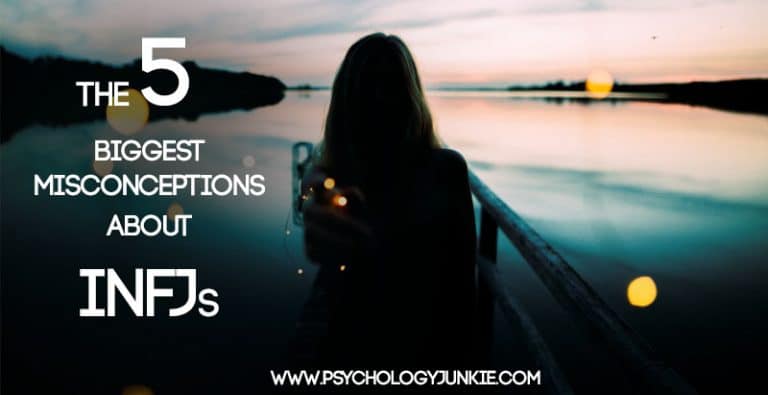
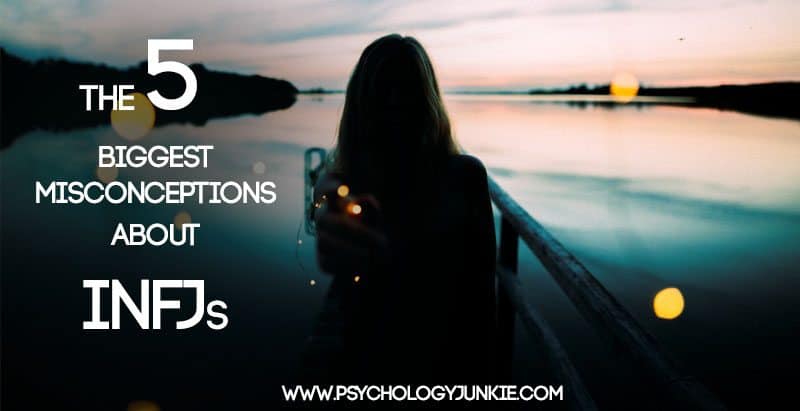
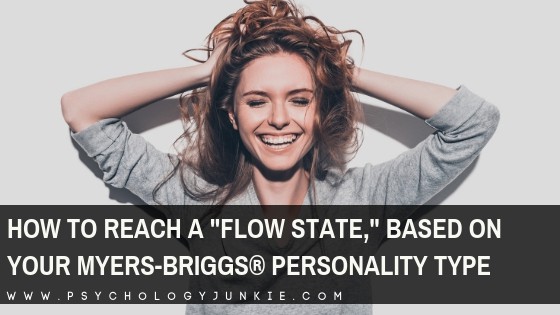
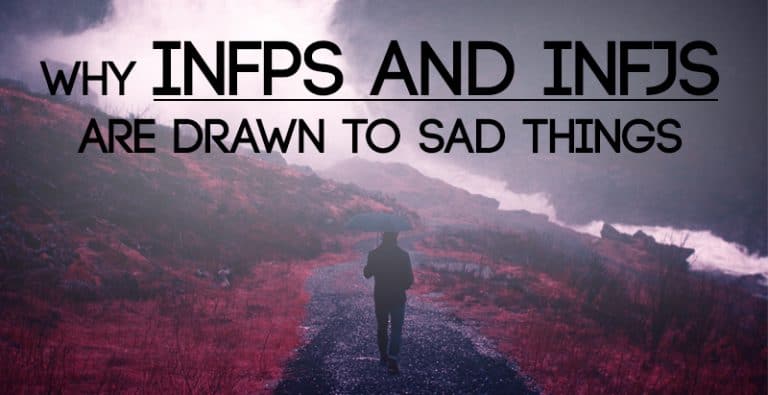
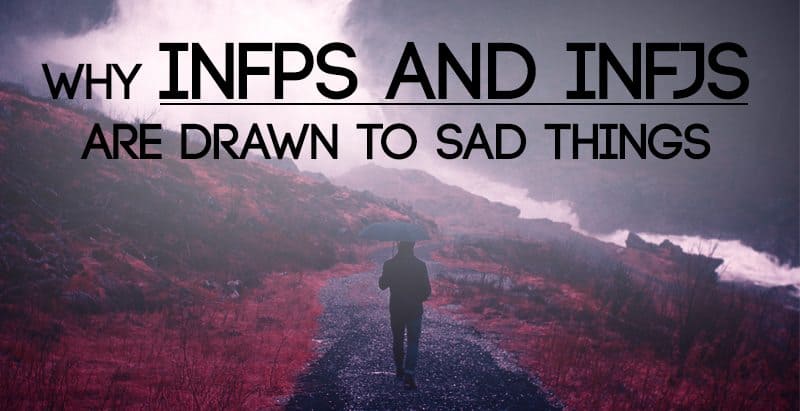
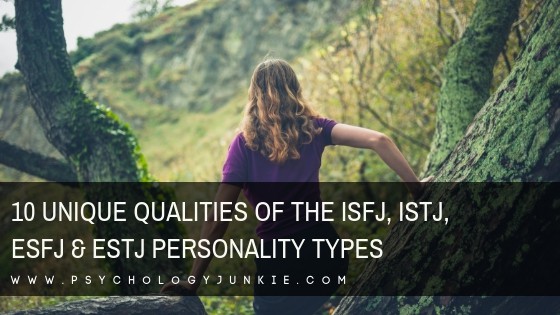
Will from Goodwill Hunting